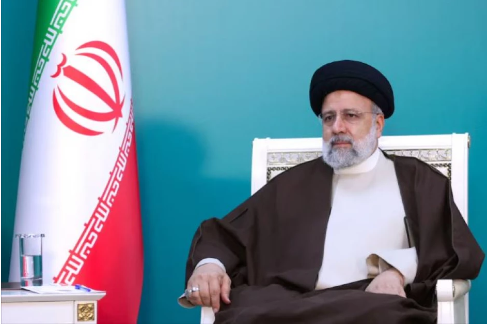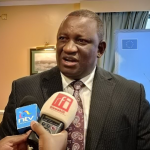In the Islamic Republic of Iran, the constitution outlines a clear process for situations where the president is unable to carry out their duties due to factors such as illness, death, or impeachment and removal by parliament. According to the constitution, the vice-president, currently Mohammad Mokhber, would assume the responsibilities of the presidency.
Together with the heads of parliament and the judiciary, they would oversee the organization of a new presidential election within a maximum period of 50 days. However, this process requires confirmation from the supreme leader, who holds ultimate authority over all state matters in Iran.
With state media confirming the death of President Ebrahim Raisi, the Iranian regime will likely initiate the process outlined in the constitution to hold a new presidential election. However, given the lack of genuine competition in previous elections and the perception of electoral manipulation, there may be little public enthusiasm or interest in the upcoming election.
In the previous election, serious challengers to Raisi were disqualified from running, leading to widespread perceptions of a predetermined outcome. As a result, voter turnout was low, with many Iranians boycotting the election.



